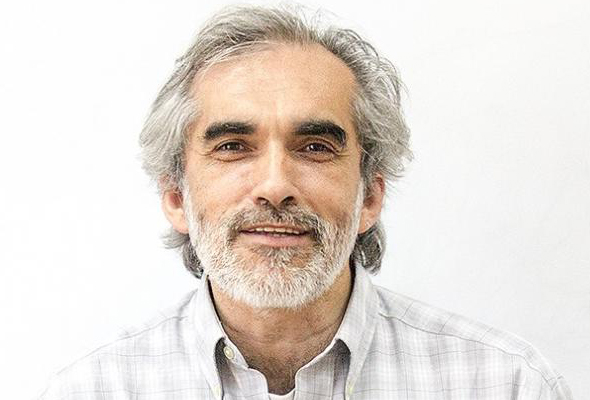


I am happy, because I don’t face the need to give bribes. I owe this in the first place to my current employer – the Ukrainian Catholic University. There, even if one wished to give a bribe, it would be unclear how to do it.
I understand that most Ukrainians are still lacking this pleasure, just as they‘ve never had it before. 40 years ago, my father paid the bribe of 500 karbovantsi, to make it possible for me to enter the History Department of the Lviv University. Not because I was bad at studies – I graduated from the high school with honors, and therefore the ‘fee’ was lower – but because, as he had been persuaded, the application to the History Department was at that time comparable to going to a theatre – one was obliged to buy the “entrance ticket”. By the time I finished the last year of studies, I already knew the stories of all of my classmates: everyone had to pay a bribe during the application. Exceptional rules worked only for children of ‘nomenklatura’ (higher Party officials). A system of mutual favors was at play there.
This example serves as a good illustration of what “closed access” means. It is when the government, keeping a monopoly on property, collects rental profits and reallocates them between its members and those close to “the body”. In such circumstances, a bribe appears to be the only possible way to achieve those things which are guaranteed on the paper but in reality are completely sealed.
As a historian, I would like to say that the closed access, and therefore bribes, is not an exception, but a rule. It’s just 200 years ago that this rule started to be broken, and only in some countries – those which we now call the West – and in the last decades Asian tigers also joined in along with some of the former communist countries of the Central-Eastern Europe. They all switched to an open access, where the condition and simultaneously the consequence would be radical decrease in corruption.
Their experience shows, that fighting corruption has to start from the top level of the government in order to be efficient. That is why I don’t have any illusions that our personal rejection of bribes can bring about significant change. The radical changes have to start from the head, which, as we all know, rots first.
Having said that, I do not undermine the significance of the campaign #IDontBribe. Such campaigns have a symbolic meaning, and symbols should not be neglected.
Corruption is like an old disease. You can’t fight it using just one kind of surgery, or one kind of medication. In order to recover, one has to achieve a spiritual balance. And in the case of corruption is can only be reached by the means of everyday moral dissidence – meaning you act not as you are expected to, but as your own conscience dictates you.






